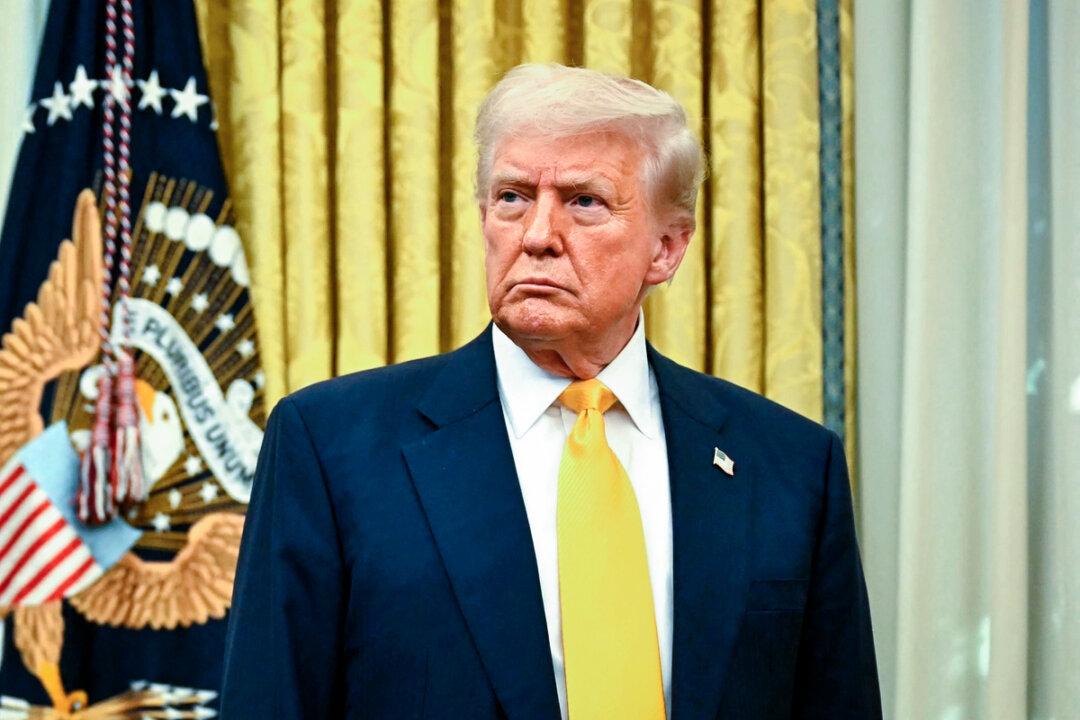WASHINGTON–President Donald Trump signed a memorandum on Friday addressing national security threats related to Chinese investments in the United States.
According to a fact sheet shared by a White House official, the memorandum aims to curb the exploitation of U.S. capital, technology, and know-how by China and other foreign adversaries.





